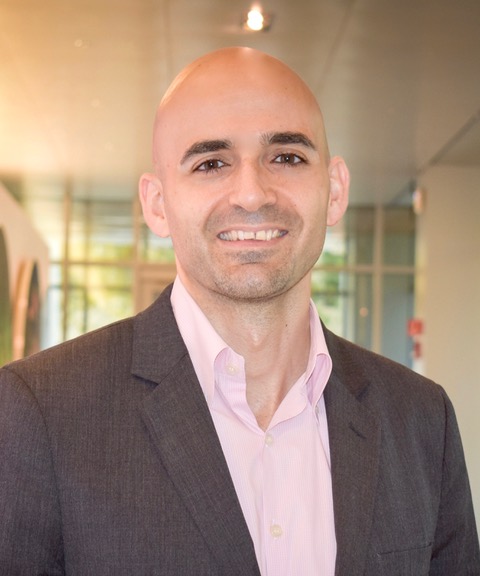
What is your current profession/job? What did you study at Yale? When did you graduate?
- I am the Assistant Director of a research Center at the Koch Institute for Integrative Cancer Research at MIT, right in the heart of Kendall Square in Cambridge, MA. The Marble Center for Cancer Nanomedicine is a community like no other, tackling grand challenges in cancer detection, treatment, and monitoring through the power of miniaturization and convergence—the blending of the life and physical sciences with engineering.
- I studied Chemical engineering at Yale and graduated with my PhD in 2011, followed with a 1-year postdoc in the Department of Biomedical Engineering.
What do you like most about your current role? What do you find most challenging and/ or rewarding?
- How people from all over the world can come to one place and shape future innovations! I love interacting with such a diverse community and support them through their scientific journey. I also love building new ideas from scratch and see them flourish and evolve in surprising ways. Strategic planning is something I have a great passion for.
- The most challenging thing about managing a research center is building and shaping an environment that can enable impactful collaborations in order to get the right solution at the right time to the clinic. This journey is often arduous, and you need all the help you can get along the way!
How did your time at Yale shape your career trajectory?
- When I “shopped” for graduate schools, I was struck by the seamless intersections of disciplines and communities on the Yale Campus: the proximity to the medical school and the professional schools, the ability to take a short walk from lab to watch a play at the Yale Repertory Theatre, etc. Yale has shaped my perspective on convergence from the first day I stepped foot on campus. It is also a campus of opportunity with many resources or programs available to further your experience beyond the classroom or lab; whether it is through the McDougal Center, Yale GSA, the SEAS Advanced Graduate Leadership Program, or many others. I was able to interact with so many individuals from diverse backgrounds that have furthered my passion for building new communities and engaging with others.
What are the main skills that you acquired as a PhD student which help make you successful in your current career?
- The type of skills that you acquire outside the lab! Learn to shape your own path by engaging with other communities beyond your typical bubble. Don’t just look for depth of graduate experience, but breadth as well, spanning skills across the communication-management-leadership spectrum.
Did you acquire any professional experience related to your line of work while in graduate school (either through part-time work, volunteering, networking, or other forms of training)?
- Yes! I started off as a member of GSA where I worked with amazing people from various departments and schools to formulate a mentoring statement, and as a McDougal Fellow for a few years to support the graduate community and program social events. I was also part of the first cohort of Advanced Graduate Leadership Fellows at Yale SEAS and got to learn about the business side of technology development.
What is the biggest challenge that you face in transitioning to different working places / cultures? What do you suggest current students do to prepare for those challenges?
- Be humble! Every space has its own set of values and work culture. Take the time to immerse yourself in the new environment and get to know people in your workspace. One of the best advice i had received in my past years working in industry, science policy, and academia is to learn to break away from reading papers or reports to get your answers; often, it is someone who has these answers. Take the initiative to talk to them directly and grow your network!
